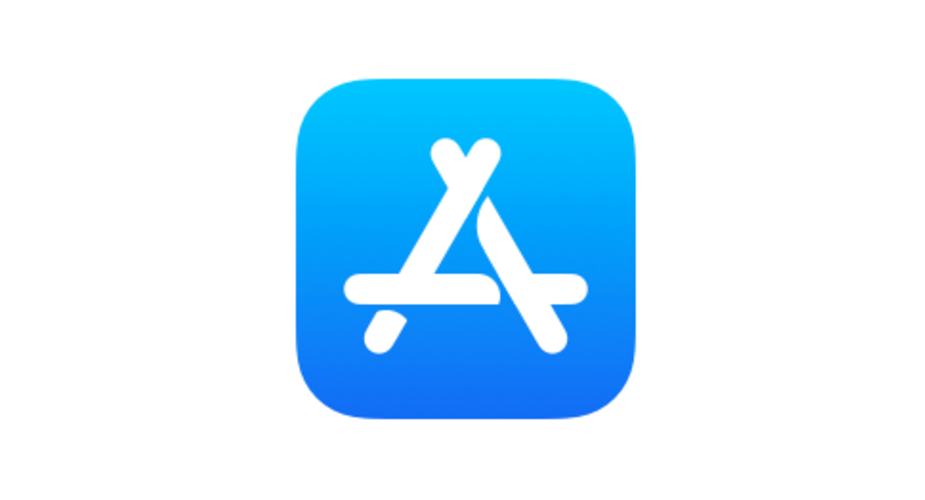Changes in App Store regulations for game streaming services
xCloud and Stadia are currently the two most popular services allowing players to stream games from the cloud to mobile devices. Neither of them is available on the App Store, as Apple has so far categorically prohibited publishing applications of this type in its store, claiming that they pose a threat to its high standards. However, the changes made yesterday to the App Store regulations open the door to such services. Unfortunately, the terms and conditions imposed by Apple may prove difficult (or even impossible) to swallow for many developers.

Points 4.9 and 4.9.1 of the new App Store regulations state that game streaming services may be published in the App Store, but on condition that each game available through them will function as a separate item in the store directory. This would allow Apple to check each title separately before publication (as well as after each update submitted by developers) to make sure it meets the App Store standards. Section 4.9.2 adds that developers of game streaming services can provide users with an additional application that acts as a directory, allowing them to quickly search the App Store for games available within a given service. Such an application would of course also serve to support user accounts, which would require developers to use the App Store payment system and allow users to log in with their Apple account. Point 3.1.2(a) states, however, that "games available in streaming services ** must be downloaded directly from the App Store**", which at first sight seems to argue with the very idea of such services. However, this is most likely due to the fact that since each game available within a given service will function as a separate entity, each will be technically a separate streaming application requiring downloading prior to launch.
Although the new rules presented by Apple technically allow for services like xCloud and Stadia in the App Store, they do so in a way that will be very limiting and burdensome not only for developers but also users. If the developers of these services decide to accept Apple's terms and conditions (which I sincerely doubt), it will require a thorough rebuilding of the way they work, and the end result will be much worse and much less user-friendly than what is currently available on Android devices.
Source: Apple